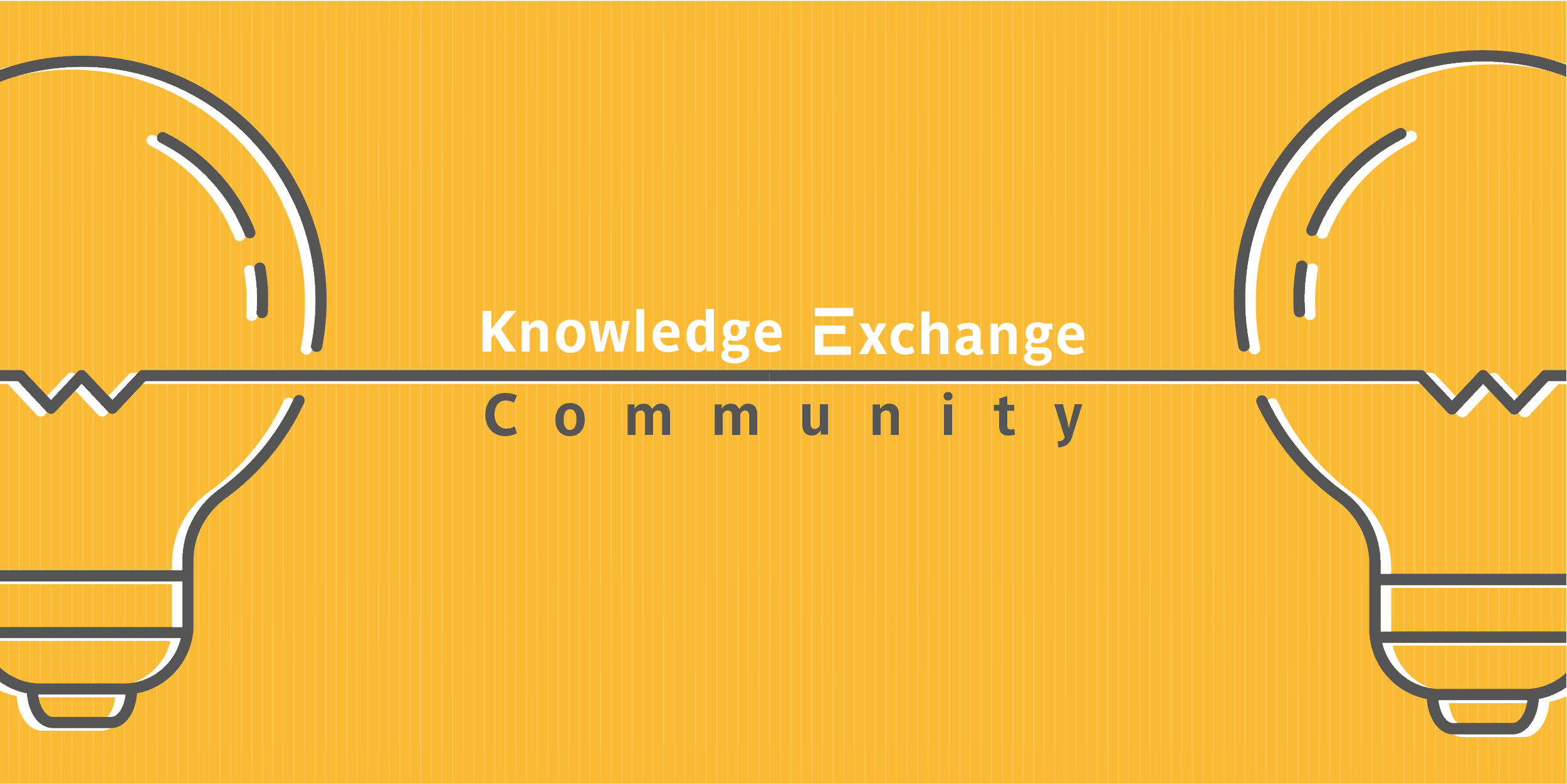Online event for EUF universities
Dates: January 25th, 10:00 – 12:00 CET and February 9th, 11:30 – 13:30 CET
Registration is open to staff members from EUF network universities.
Erasmus+ individual teaching mobility is one of the many options at the disposal of academics who want to challenge their skills, knowledge and methodological toolkit in a foreign country along with international colleagues and students. Indeed, teaching mobility opportunities provide the basis for international partnerships, facilitate student mobility and ensure credit recognition.
Interestingly, without them it would be difficult to talk of student mobility, internationalisation, and the European University Alliances. Yet, teaching mobility is excluded from the list of important and trending topics of the EHEA as well as from current discussions.
For this reason, the EUF is organising two consecutive KEC sessions on teaching mobility with the double goal of putting it back under the spotlight and discovering additional opportunities which lay in this type of mobility experience.
First session
On January 25th, we will discuss opportunities and challenges of teaching mobilities. We will hear from three academics from three different countries who will talk about the geographical imbalance between East/West and North/South of Europe, the administrative hurdles, the publication pressure, all of which make the organisation and participation in teaching mobility challenging.
We will also share some best practices on how to tackle the above mentioned issues and on how to ensure recognition will no longer be an obstacle to teaching mobility. Finally, we will disseminate the findings of the Teach with Erasmus+ project on these aspects.
This session will be chaired by Dr. Gabor Szalkai from Eotvos Lorand University in Budapest. Speakers will include Konstantyn Mezentsev, Head of Department of Economic and Social Geography at Taras Schevchenko National University of Kyiv and Anna Dudek, Senior lecturer at the University of Warsaw.
Agenda
| Welcome Anikó Makkai-Kovács, Senior Policy and Research Officer (EUF) |
| Keynote: Best practices, East vs. West, what we have learnt about teaching mobility Dr. Gabor Szalkai (Eötvös Loránd University) |
| Experiencing teaching mobility in Europe and beyond Dr. Anna Dudek, Senior lecturer (University of Warsaw) |
| Teaching mobility from the perspective of Ukraine Konstantyn Mezentsev, Head of Department of Economic and Social Geography (Taras Schevchenko National University of Kyiv) |
| Discussion in breakout rooms How to develop and support each other on topics related to teaching mobility |
| Q&A and closing |
Second session
On February 9th, we will go beyond the traditional applications of teaching mobility and answer questions on the new formats.
How to organise a blended mobility activity? How to prepare for a blended mobility opportunity? How to transform teaching mobility into an important pillar of the internationalisation strategy?
This session will include the perspective of three other academics who will share their experiences on teaching mobility. Lessons learnt from the Teach with Erasmus+ project will also be circulated.
Agenda
| Welcome Anikó Makkai-Kovács, Senior Policy and Research Officer (EUF) |
| Overview of blended mobility opportunities in Europe with an emphasis on blended teaching mobility Anikó Makkai-Kovács, Senior Policy and Research Officer (EUF) |
| Challenges and opportunities of blended mobility for academics Dr. Augusto Faustino, Associate professor (University of Porto) |
| Interactive roundtable & Discussion around the blended mobility for academics |
| Closing |
Please note that further information will be provided to registered participants.

